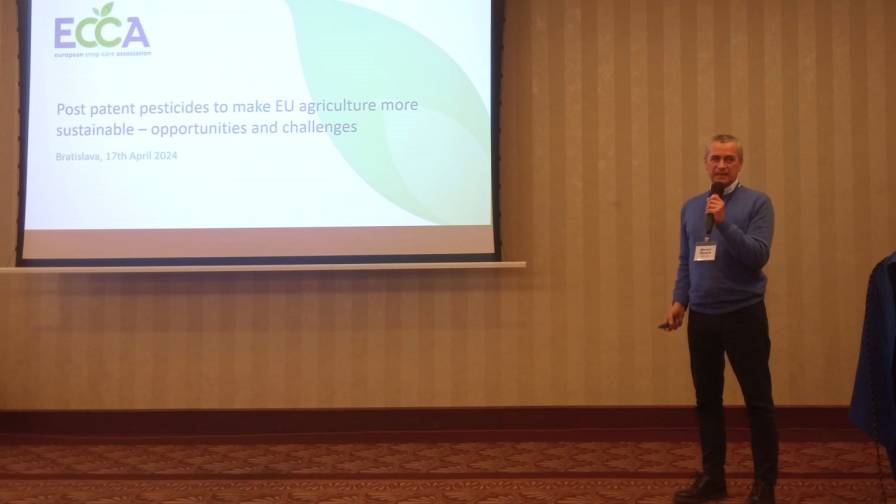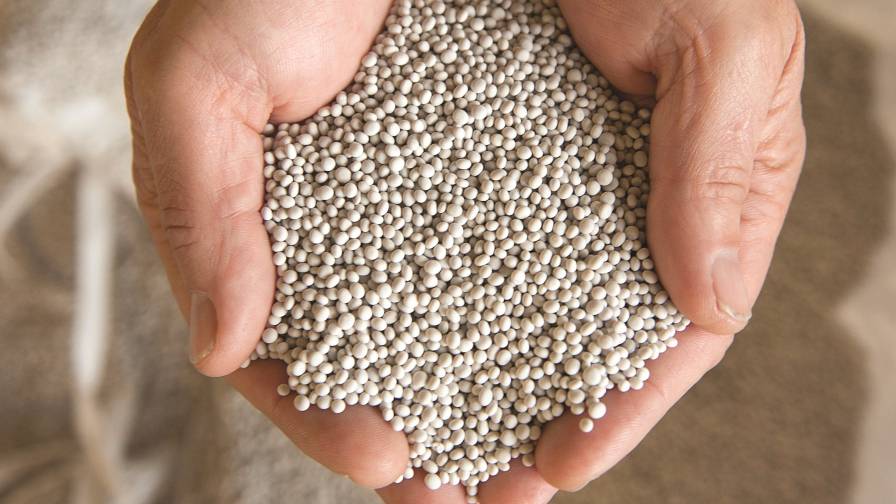IFA Project Looks To Improve Micronutrients In Grain
 The third phase of the International Fertilizer Industry Association’s HarvestZinc Fertilizer Project looks to increase zinc density in grain.
The third phase of the International Fertilizer Industry Association’s HarvestZinc Fertilizer Project looks to increase zinc density in grain.
Results of the first two phases of the program suggest fertilizer companies have an opportunity to help clients develop healthier crops, which could lead to improved food security.
The HarvestZinc Fertilizer Project was created to explore how best to address micronutrient deficiencies in humans through crop fertilization practices in Brazil, China, India, Pakistan, Thailand, Turkey and South Africa in major staple food crops, primarily wheat and rice. The program initially launched in 2008.
According to the IFA, results from the first two phases have shown that foliar application is highly effective to raise the zinc content of crops. It has also been shown that enrichment of seeds with zinc has very positive effects on seed germination and seedling vigor.
In addition to zinc, this phase will also address other essential micronutrients, such as iron, iodine and selenium, whose deficiencies affect billions of people worldwide. Zinc deficiency is the most common of all such deficiency and affects the health of at least 1/3 of the world population. Some 1.5 million children die each year from zinc deficiency induced diarrhea.
“Plant nutrition is a crucial factor for addressing food and nutrition security. Not only do plant nutrients increase crop yields to help meet burgeoning food demand, but fertilizers that include micronutrients essential to humans can also be an effective tool to eradicate certain forms of malnutrition,” states IFA President, Ms Esin Mete, CEO of Toros Agri in Turkey who pioneered efforts in Turkey to eradicate zinc deficiency through crop fertilization.






